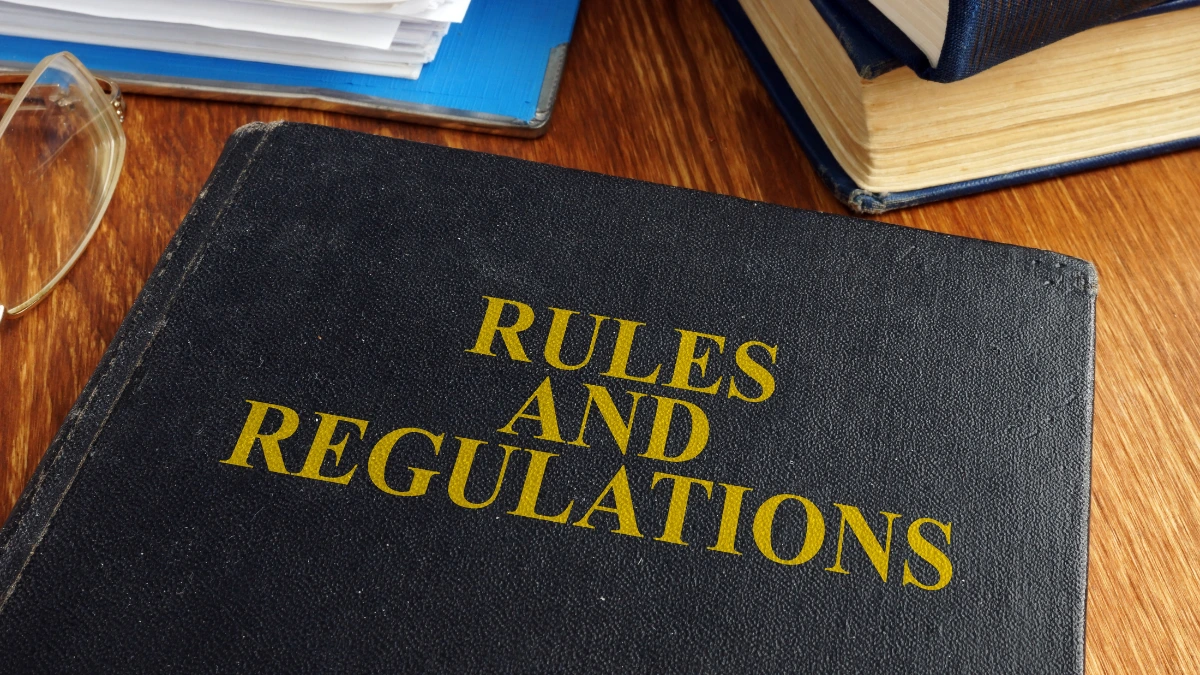Private Automatic Branch Exchange (PABX) uses communication technologies that operate within a specific frequency spectrum. This technology must meet the main requirements through a standard testing process to ensure its quality, security, and compliance with applicable regulations.
With the increasing use of PABX technology, the Indonesian government through Directorate General Regulation (PERDIRJEN) No. 113 of 2008 on Technical Requirements for Telecommunication Equipment and Devices for Internet Telephone for Public Purposes, PERDIRJEN No. 29 of 2009 on Technical Requirements for IP Phone devices, and Decree of the Minister (KEPMEN) No. 45 of 2025 on Technical Standards for Mobile Telecommunication Devices.
All the regulations are under the Ministry of Communication and Digital (KOMDIGI) which establishes the testing standards to ensure that these devices are safe, efficient, and do not interfere with each other. Hence, PABX technology must comply with this standard to be used legally in Indonesia.
This article will completely talk about the PABX machine testing guidelines based on the most recent directions, counting the certification steps you require to know.
PABX Testing Standard

Testing requirements for PABX refer to several technical regulations issued by KOMDIGI, including:
- PERDIRJEN No. 113 of 2008 on Technical Requirements for Telecommunication Equipment and Devices for Internet Telephony for Public Purposes. This regulation covers gateway devices that connect IP networks with the PSTN, including security standards, interfaces, signaling systems, and voice codecs.
- PERDIRJEN No. 29 of 2009 on Technical Requirements for IP Phone Devices. Describes hardware and software specifications for IP phones, communication protocols (such as SIP and H.323), as well as addressing and network connectivity requirements.
- KEPMEN KOMDIGI No. 45 of 2025 regarding Technical Standards for Mobile Telecommunication Devices. Applicable to PABX systems integrated with GSM modules, and regulates technical parameters such as transmit power, frequency spectrum, and spurious emissions based on ETSI standards.
With reference to these regulations, modern PABX devices equipped with IP, VoIP, or GSM features must meet a number of technical requirements before being marketed, including testing of signal performance, communication protocols, and network interfaces. This certification is not only administrative but also guarantees the quality and interoperability of the device with the national network.
PABX Type Approval and Certification Process in Indonesia

For PABX machine devices to be used legally in Indonesia, certification from DJID is required. Here are the steps to get it:
Pre-testing the device
Before official testing, the device must be pre-tested first using measuring equipment such as a spectrum analyzer.
This helps ensure devices meet technical standards before being tested in authorized laboratories.
Testing at an official laboratory
After passing the pre-testing, the gadget will be sent to an assigned official research facility to experience testing according to the guidelines stipulated in the Ministry of Communication and Digital PERDIRJEN No. 113 of 2008, PERDIRJEN No. 29 of 2009, and KEPMEN No. 45 of 2025.
Issuance of certificates
After the device passes testing, an official certificate will be issued by DJID. This certificate is a requirement to market the device legally in Indonesia.
Tips to ensure standards compliance
- Learn the latest regulations: Make sure you understand every detail of the Ministry of Communication and Digital PERDIRJEN No. 113 of 2008, PERDIRJEN No. 29 of 2009, and KEPMEN No. 45 of 2025.
- Perform pre-testing: Before official testing, perform pre-testing to ensure the device meets standards. If you don’t have a measuring instrument, use the DJID certification service which provides pre-testing services.
- Counsel a master: If this is your to begin with time looking for certification, consider utilizing the administrations of experienced DJID certification administrations.

